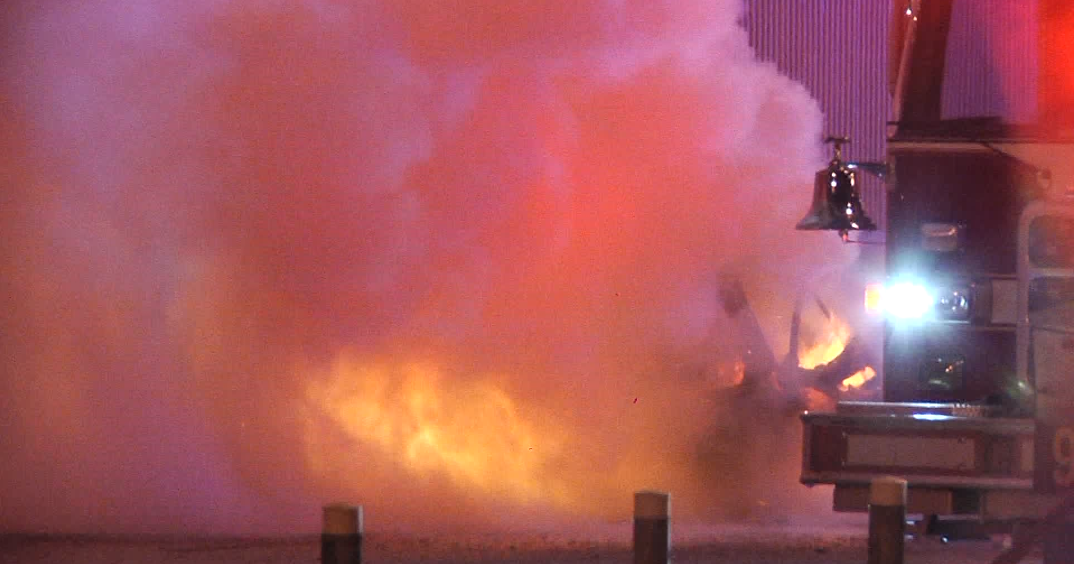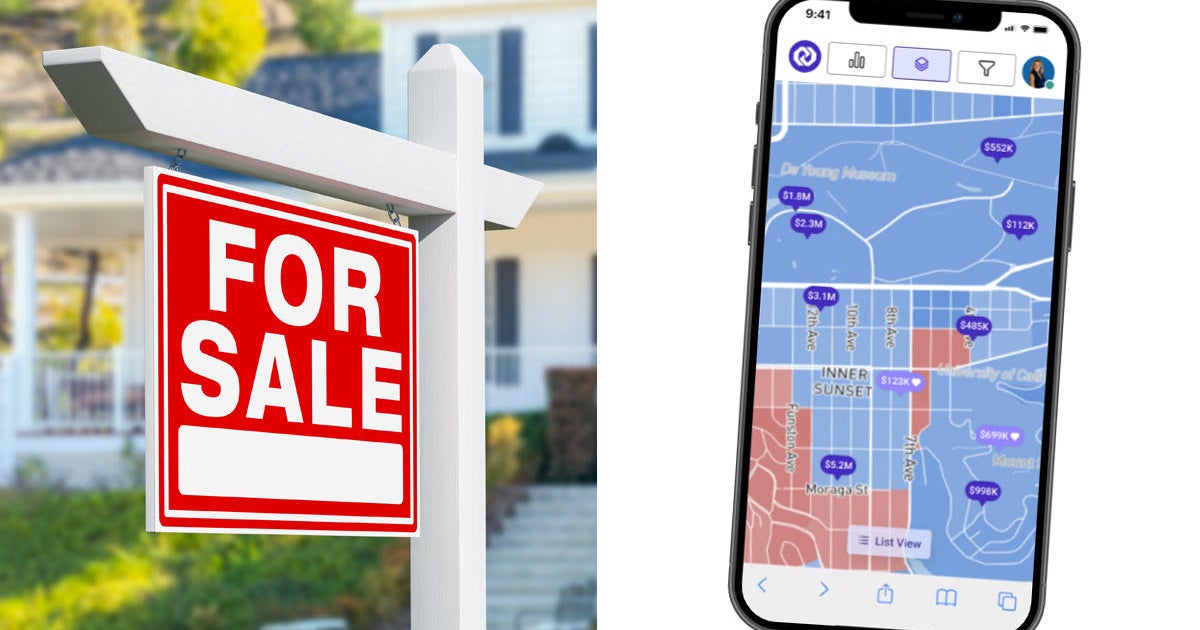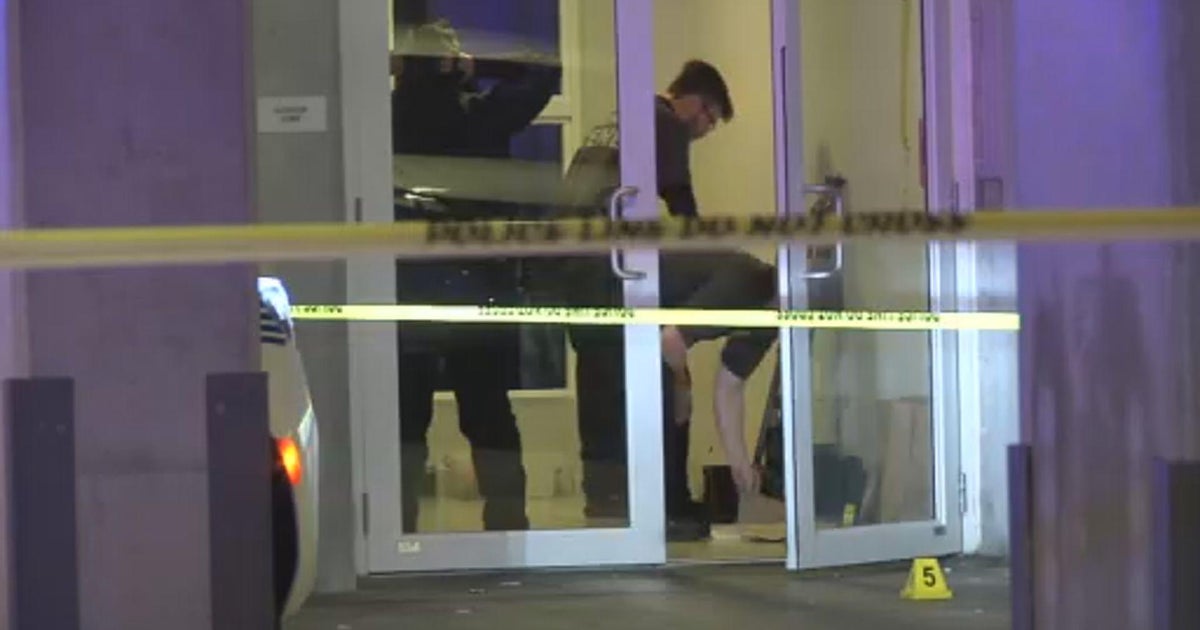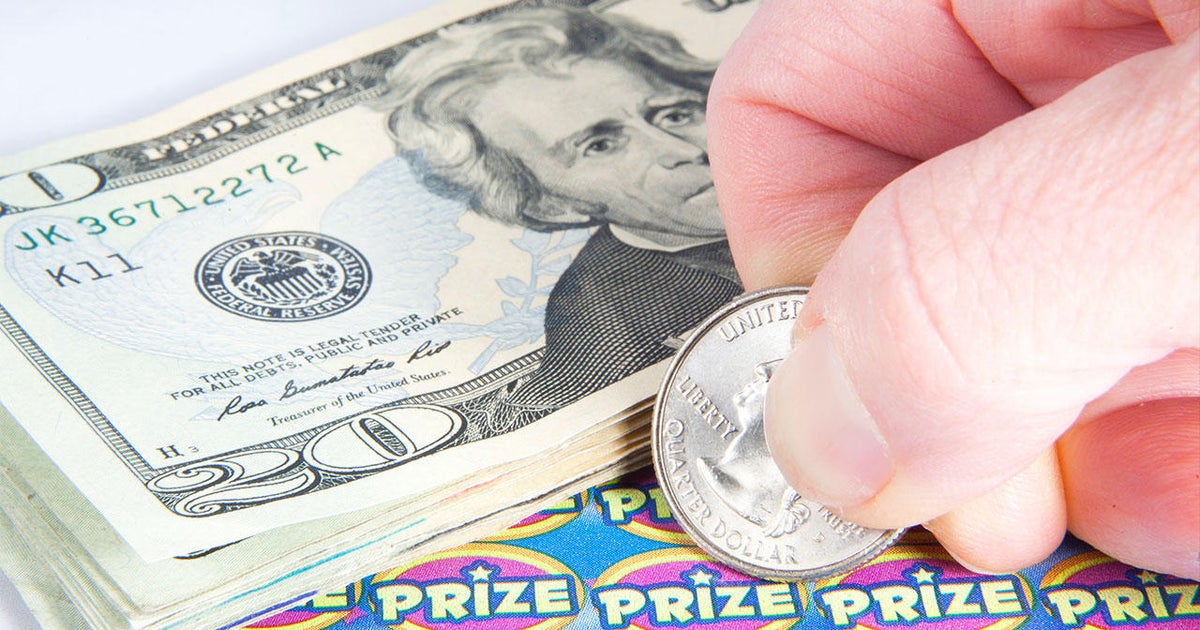Venezuelan Voters Forced To Trek From Miami To New Orleans
DORAL (CBSMiami) — By bus and car, commercial flight and charter, U.S.-based Venezuelans are traveling en masse to New Orleans in the coming days, spending hundreds of dollars and in some cases more than a day of their time to cast a vote in their country's presidential election.
"It's important because it's the first time in history that Venezuelans abroad can define the results of a Venezuelan election, a presidential election," first-time voter Vanessa Duran said Friday.
Duran is among more than 1,200 South Floridians traveling to New Orleans from South Florida as part of "Voto Donde Sea". The phrase means "vote wherever you can", and it's a message Duran has taken to heart.
"I believe, in a democracy, everyone should vote, not just a group of people," Duran, 22, said. "Even Venezuelans abroad."
The government of President Hugo Chavez earlier this year closed the country's consulate in Miami, where most Venezuelans living in the U.S. have cast ballots in the past. It later said voters would have to travel to New Orleans if they want to participate on Oct. 7.
It's a hardship in terms of time and money for many potential voters. But some, especially those who want to stop Chavez from being re-elected to another 6 year term, are determined to make the trip anyway.
"Yeah we're frustrated. Yes we're angry," said Maria Verde. "But it's our way of showing Chavez that no matter what road block you put up there, we're ready to take the challenge."
Carolina Guevara, a 21-year-old college student, plans to take the 15-hour bus ride from Miami to New Orleans, an 870-mile trek.
"We want to demonstrate to the government that even if they put obstacles in our path, we will practice our right to vote," said Guevara, who hopes to return to Venezuela after completing her political science studies at Miami Dade College.
The Venezuelan government closed its Miami mission after the State Department expelled consul Livia Acosta amid an investigation into recordings that seemed to implicate her in an Iranian plot for a cyber-attack against the U.S.
The closure affected nearly 20,000 Venezuelan voters living in Florida, Georgia, North Carolina and South Carolina who had registered to vote at the Miami consulate. Most Venezuelan voters in the United States live in the Miami area and the vast majority of those are critical of the Chavez government.
After the Miami mission closed, Venezuelan election officials said that voters registered there would have to cast ballots in New Orleans, where the next-nearest consulate is located. Venezuelan opposition leaders accused the government of trying to disenfranchise voters, a charge officials denied.
"They tried to do everything possible to prevent us from voting," said Gisela Parra, a former judge who left Venezuela in 2005 after being accused of conspiring against Chavez. "The pressure was such that they had to open a voting center far away, in New Orleans. It's like punishing us."
Parra, who plans to volunteer at the New Orleans voting center, said Venezuelan electoral officials "had the obligation" to make another Miami location available.
But Tibisay Lucena, president of Venezuela's Elections Council, countered that voters registered in Miami "were relocated using the same criteria used inside the country, telling them to go to the nearest polling station."
About 15,800 Venezuelans in the U.S. voted in their country's Dec. 2006 presidential election, three-quarters of them in Miami.
Of the 10,800 Venezuelans voting in Florida, 98 percent cast ballots for the opposition candidate and 2 percent for Chavez. Thirty-four percent of registered voters did not participate, according to figures from Venezuela's Elections Council.
Most Venezuelans in the U.S. are professionals or business people who left their country after Chavez became president in 1999. The number of Venezuelans in the U.S. burgeoned from 91,500 in 2000 to 215,000 in 2010, according to the 2010 Census, with 57 percent of them living in Florida.
Numerous groups surfaced to assist U.S.-based Venezuelan voters, with information distributed on the Internet and social media, as well as at coffee shops and bookstores frequented by Venezuelans.
The groups include Voto Joven and Voto Donde Sea, comprised mostly of young people, and the Mesa de la Unidad Democratica, or Democratic Unity Table, a coalition of political parties backing opposition presidential candidate Henrique Capriles.
Many making the trip from South Florida hope the fresh-faced Capriles can pull off a win.
"He is so enthusiastic. He loves Venezuela and you can see it," Verde said.
"We need the change," Greeny Valbuena said. She encouraged all Venezuelans, at home and abroad, to vote,
"Voto Donde Sea" director Vanessa Duran tells CBS 4 News they've raised about $40,000 and more than 1,200 people have signed up to make the trip.
Duran said her concern isn't whom those people vote for, just that they do.
"We're not promoting a candidate or a special political ideology," Duran explained. "We just want people to participate and strengthen democracy in our country this way."
The official election in Venezuela is Sunday. The results aren't expected until sometime Monday.



